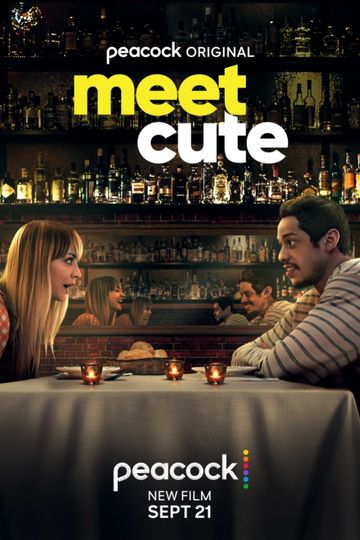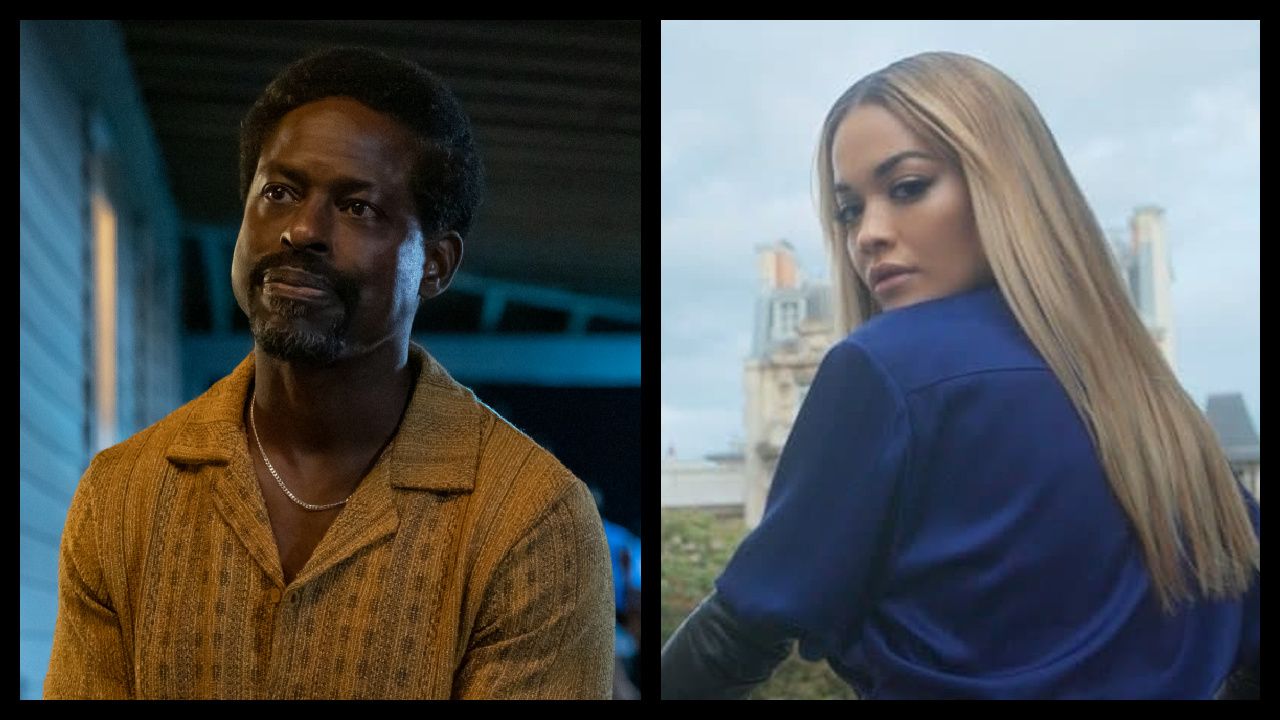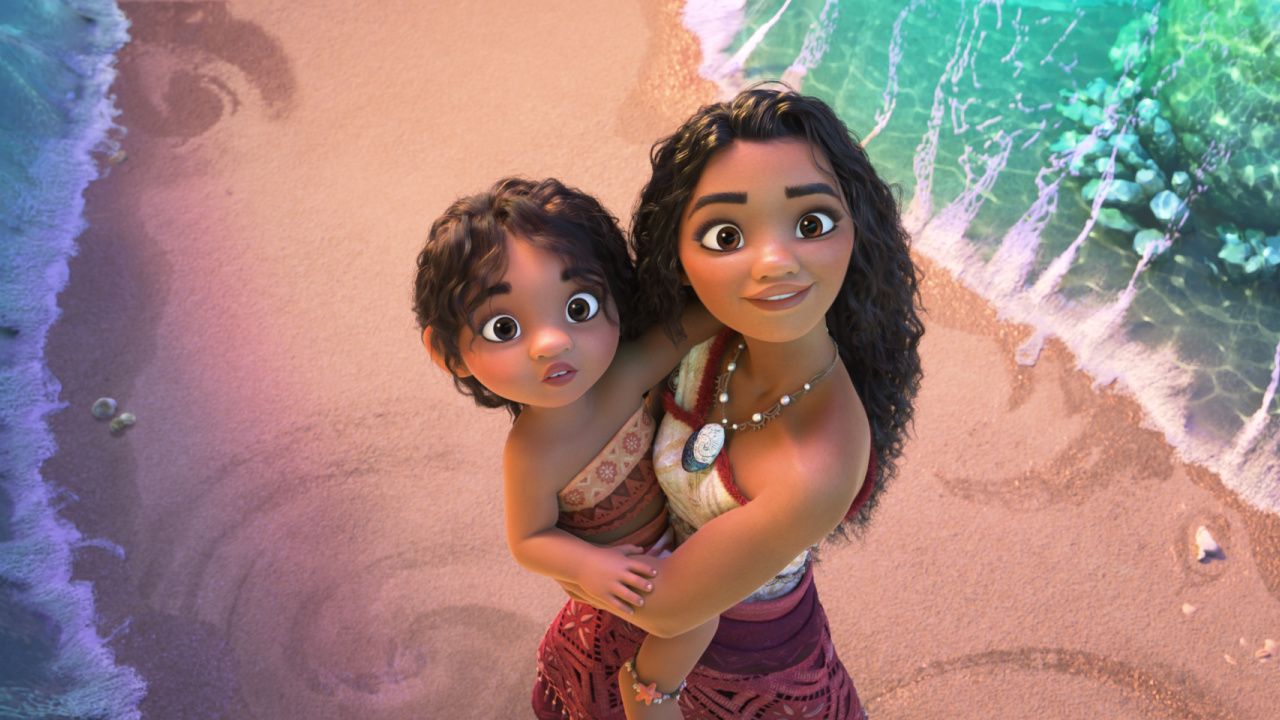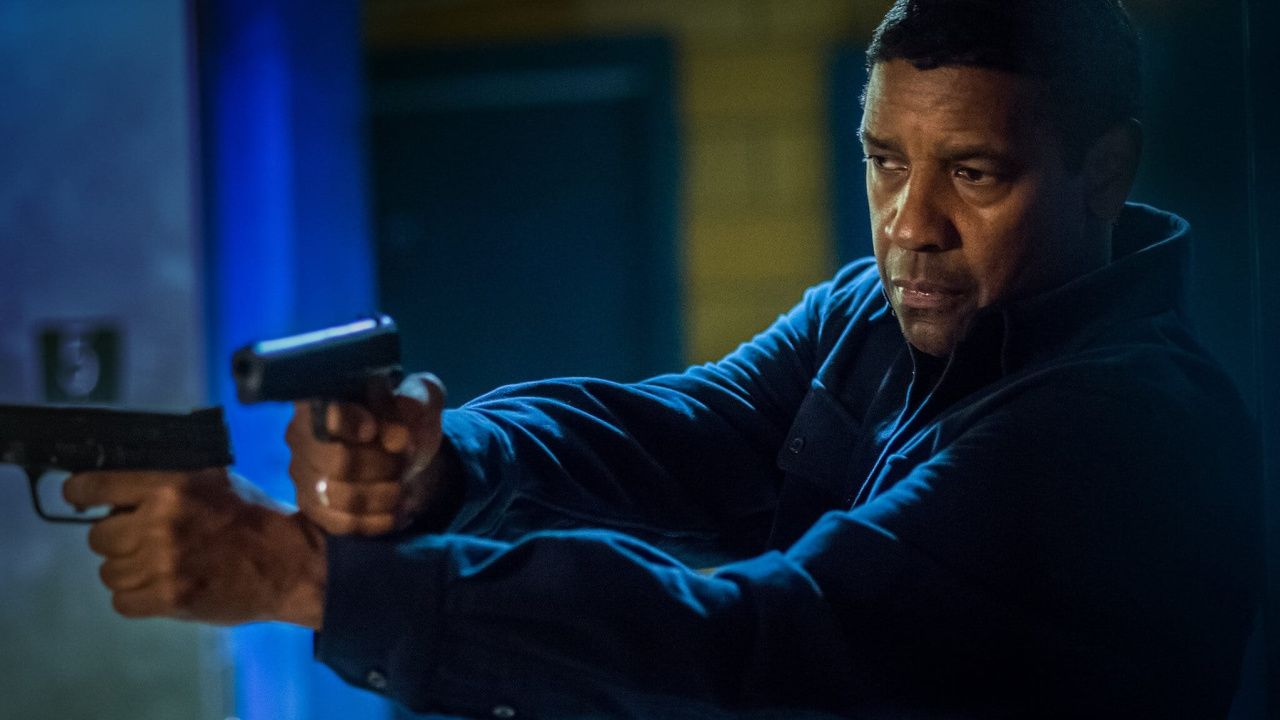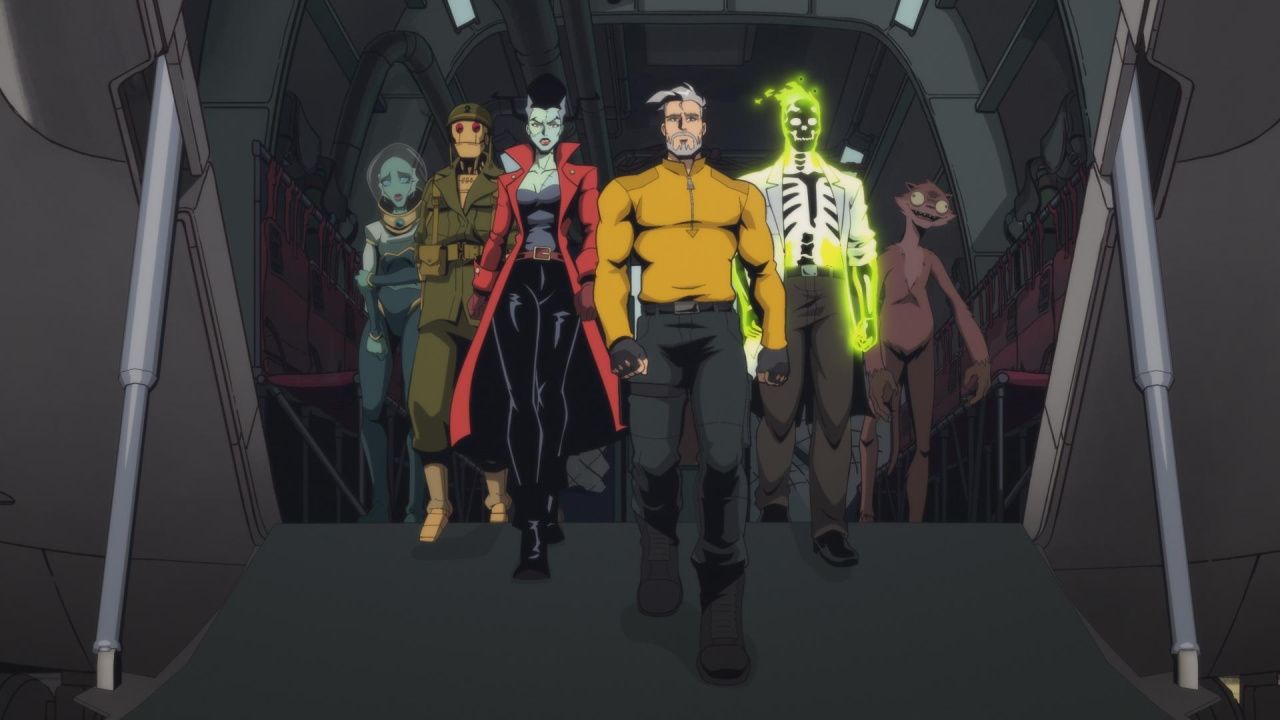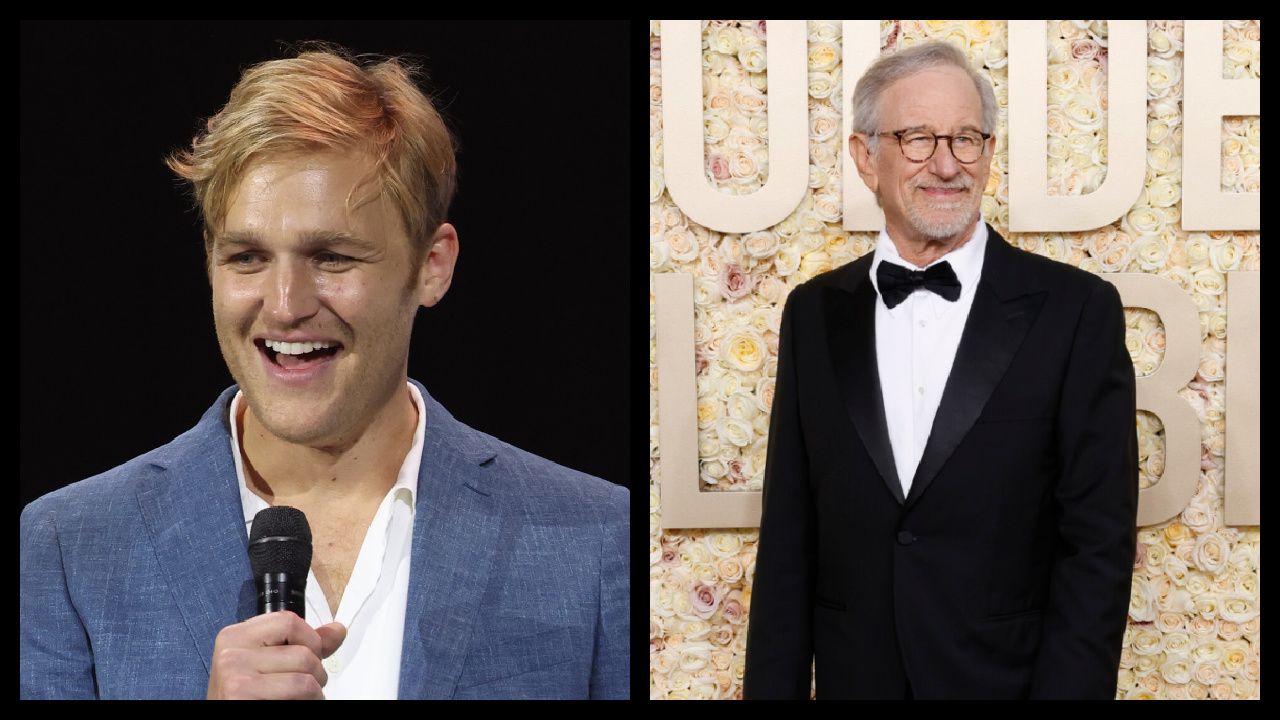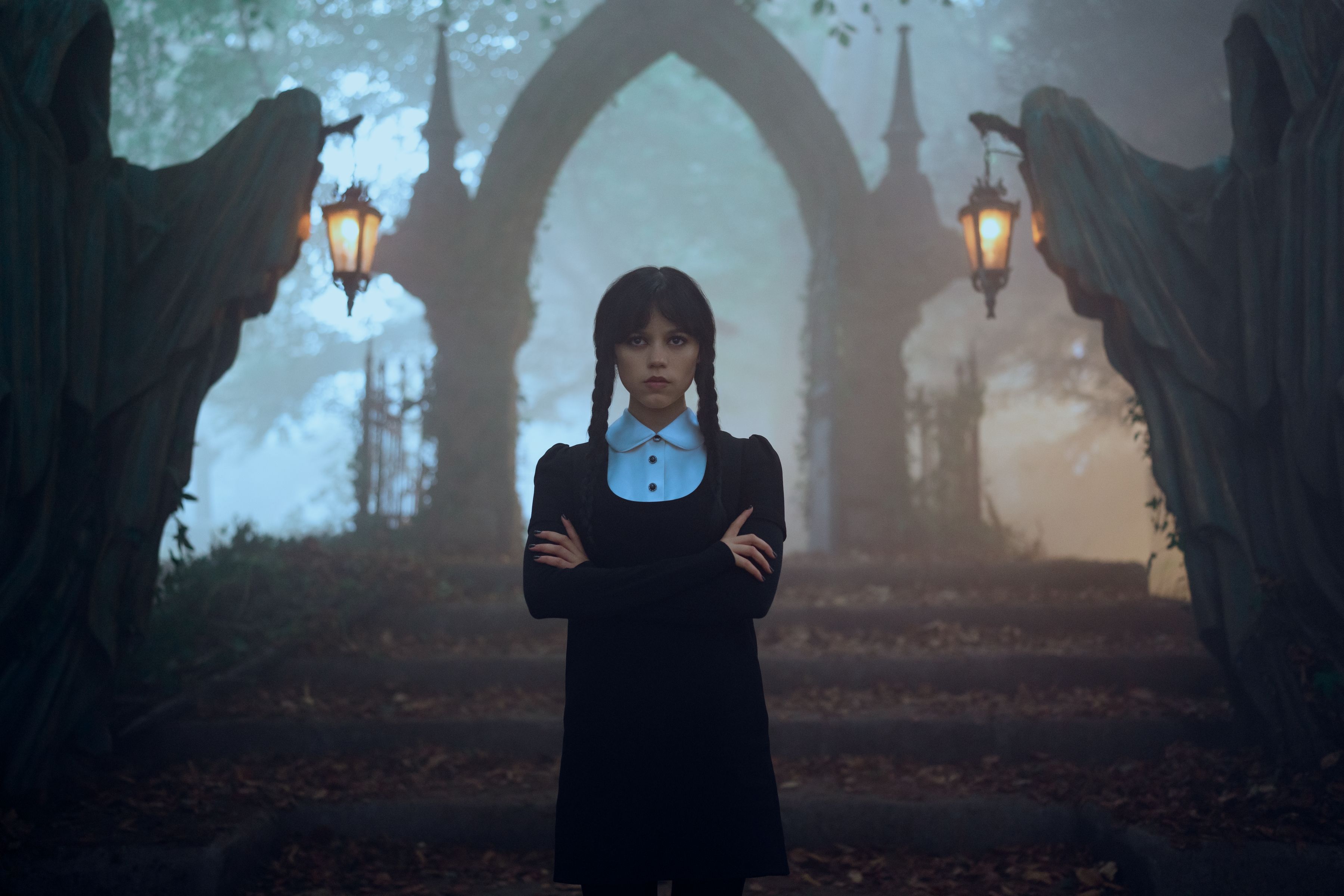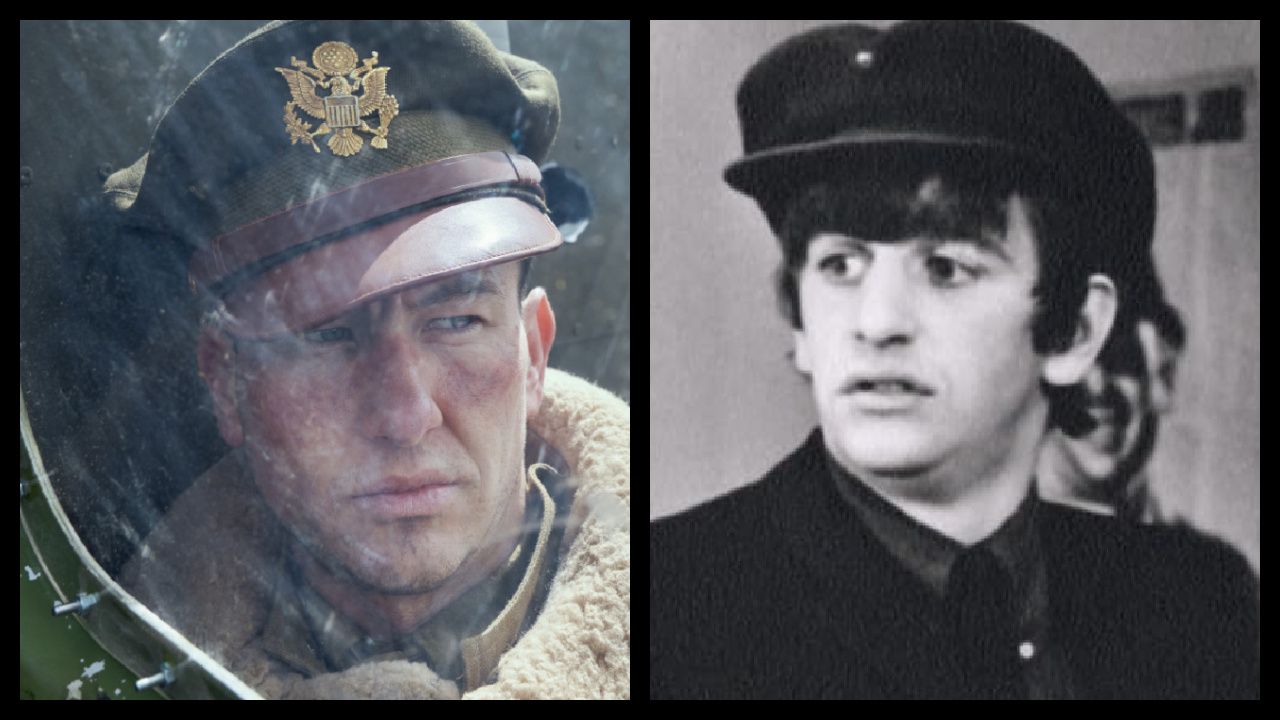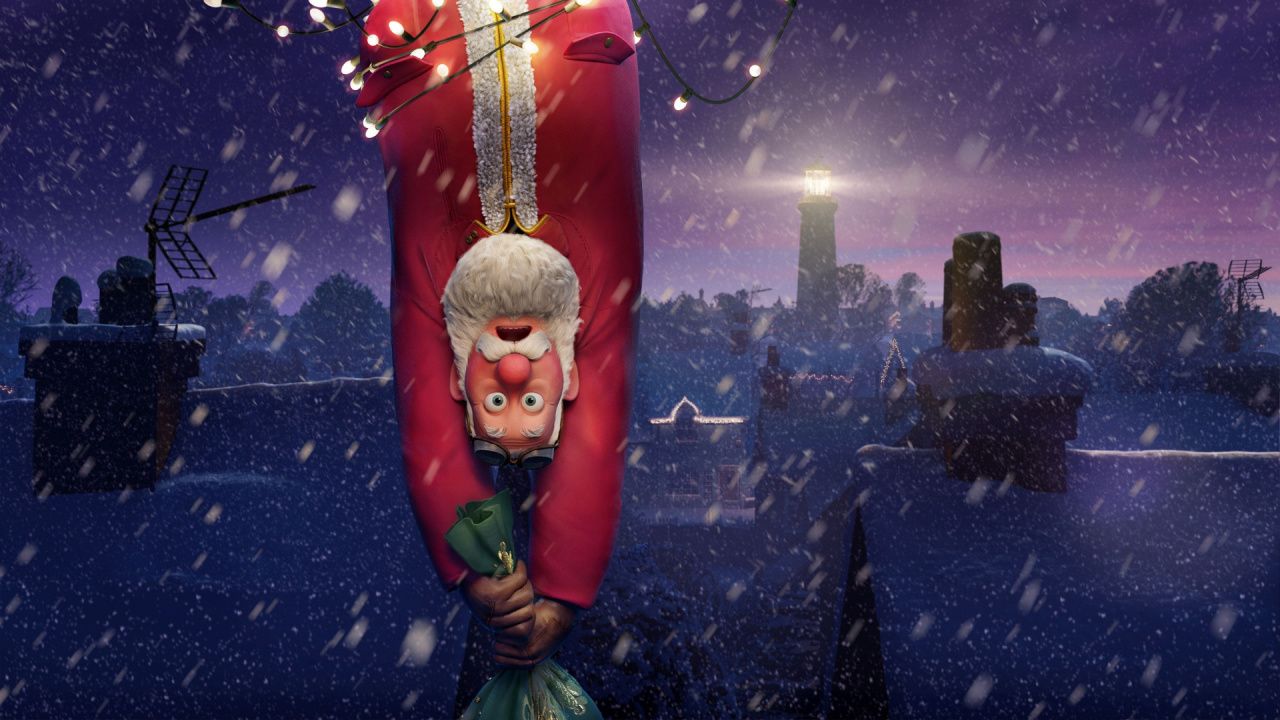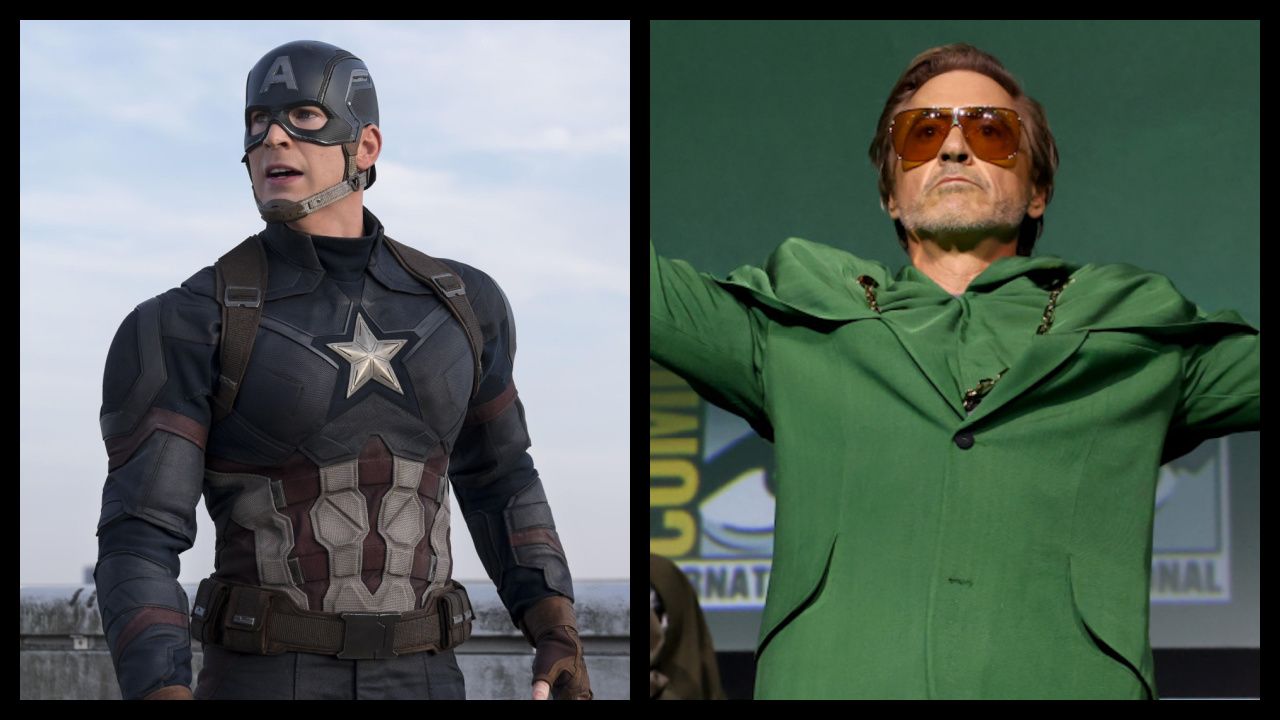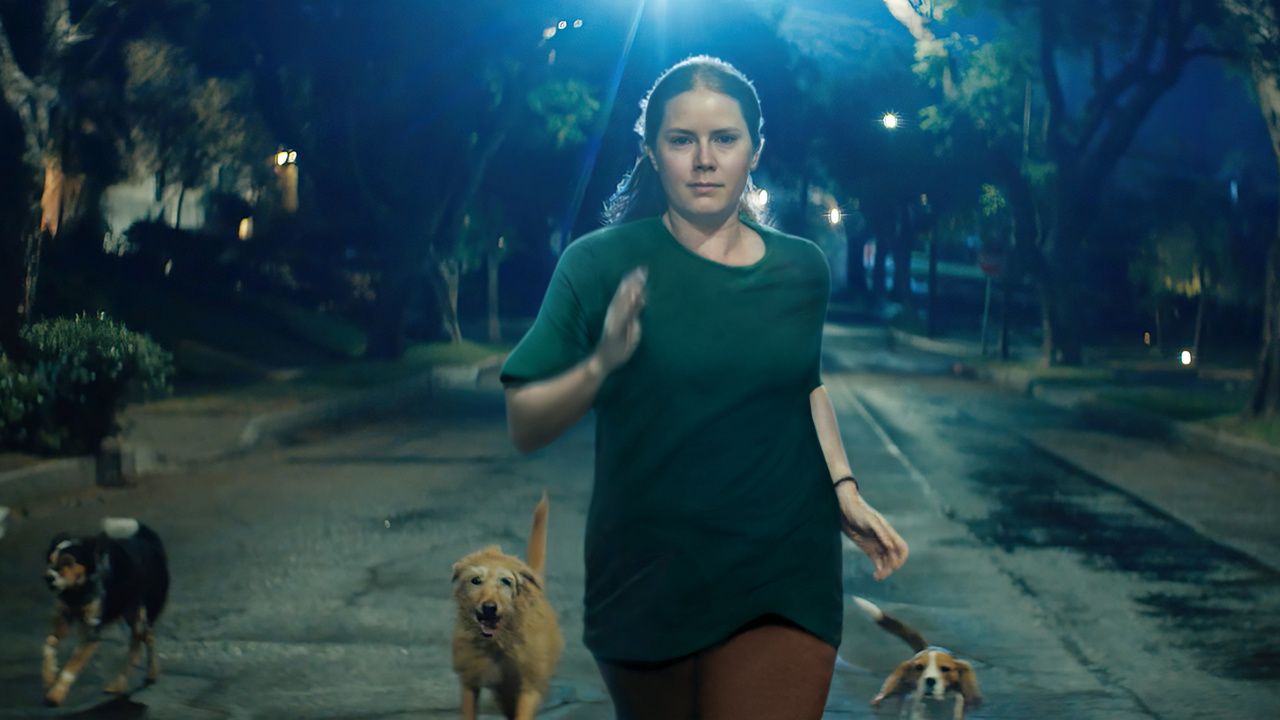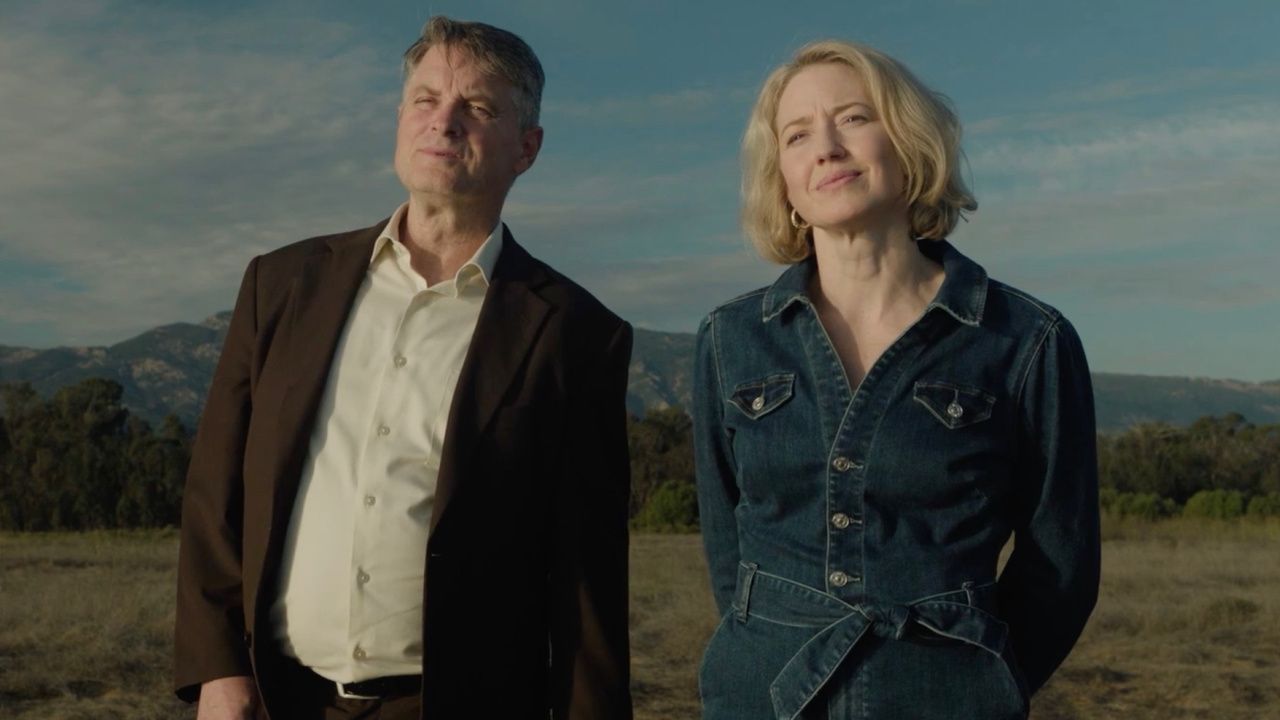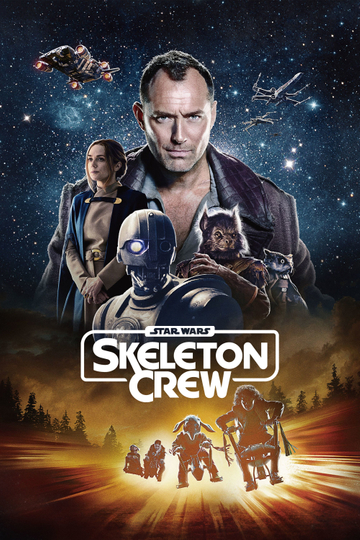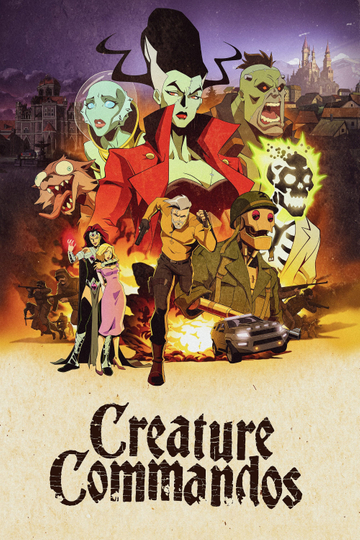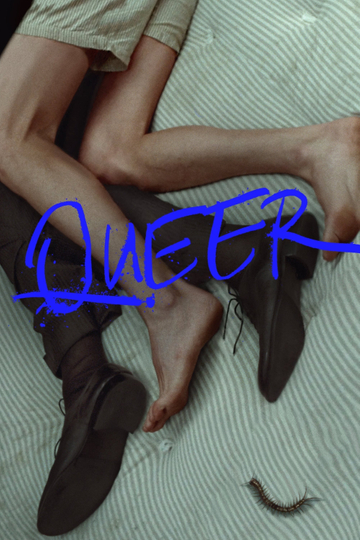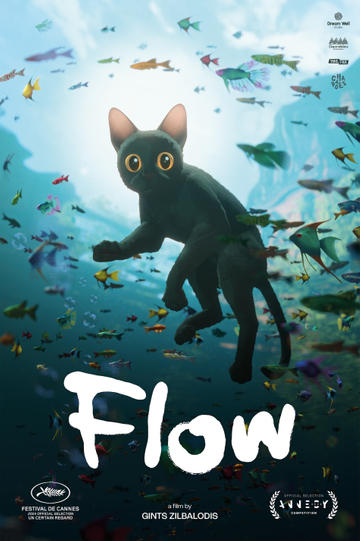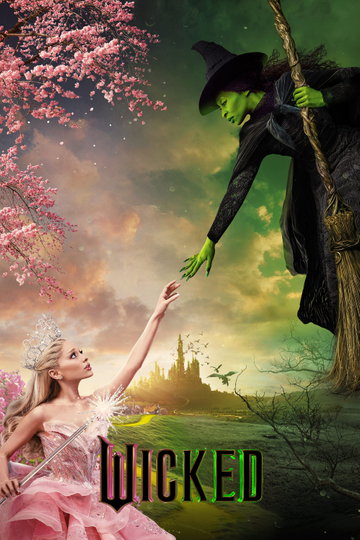Director Alex Lehmann Talks ‘Meet Cute’ with Kaley Cuoco and Pete Davidson
Moviefone speaks with director Alex Lehmann about his new time-traveling romantic-comedy. “It was important for us to tell a unique story,” he said.
Releasing September 21st on Peacock is the new time-traveling romantic-comedy ‘Meet Cute,’ from ‘Paddleton’ director Alex Lehmann.
The movie follows Sheila (Kaley Cuoco) and Gary (Pete Davidson) on their first date, only to learn that Shelia is a time-traveler who after discovering a time machine in a nail salon, is continually returning to that one particular night to make it “perfect.”
Moviefone recently has the pleasure of speaking with director Alex Lehmann about his work on ‘Meet Cute,’ the time-traveling screenplay, the outrageous characters, working with Kaley Cuoco and Pete Davidson, where he would go if he had a time machine, and just who is Smitson?
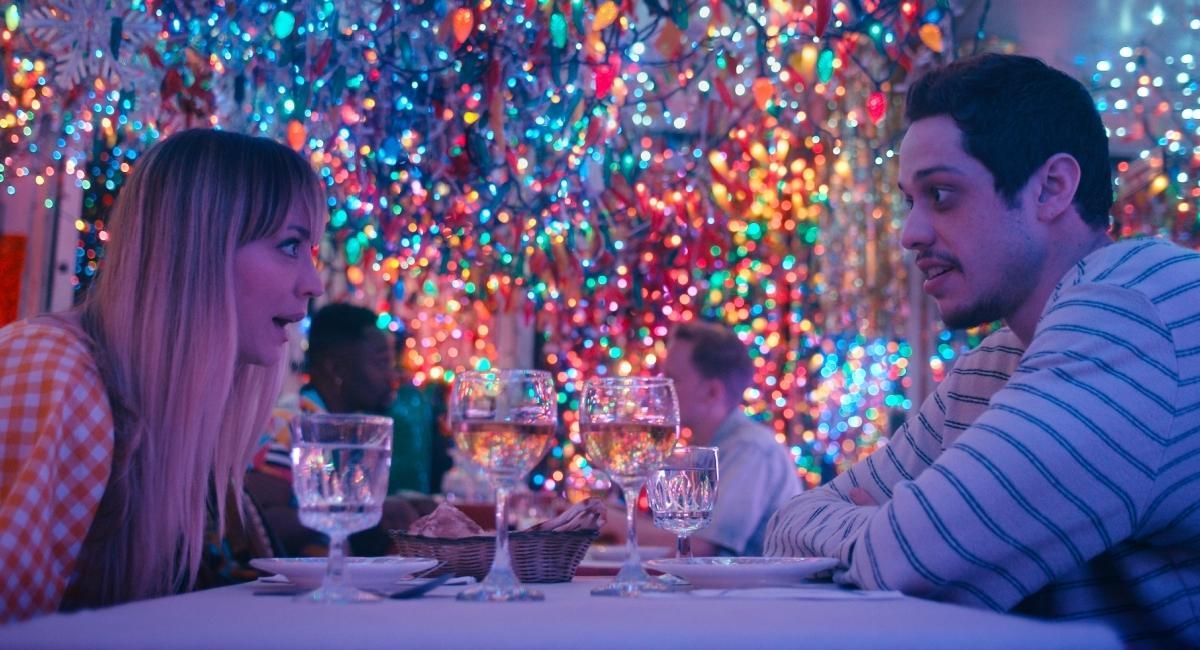
(L to R) Kaley Cuoco as Sheila and Pete Davidson as Gary in Peacock's 'Meet Cute.' Photo: MKI Distribution Services. Copyright: MKI Distribution Services.
You can read the full interview below or click on the video player above to watch a video from the interview.
Moviefone: To begin with, what was your first reaction to this time-traveling/romantic-comedy screenplay and how did you envision shooting it in your mind?
Alex Lehmann: First, I'll give you the honest story that I actually haven't given anybody yet, which was I had just finished this other movie, 'Paddleton,' that was at Sundance. I was getting a lot of scripts and maybe I was moving through the scripts a little too quickly. So, I was given the script. I read 15 pages, and I was like, “It's just a rom-com. Why would they want me to do a rom-com?"
I passed on it, and then somebody called me up, outside of the producers, and they're like, "You should really read a script called ‘Meet Cute.’" So, I called the producers back, and I begged them. I was like, "Before I pass, just let me read the rest of the script." I owned my mistake. Once I realized what was going on underneath the funny but really cutesy dialogue, I was hooked. The idea that we could make a more honest rom-com but present it as like a Richard Curtis film or something, that was really cool.
MF: What do you mean by “a more honest rom-com?”
AL: I think that rom-coms not always, but often depict people battling to get the idealized relationship, that honeymoon phase. They're not fighting for anything other than what is going to be the first three months of being an awesome relationship before they find out that that person farts in bed or doesn't floss or whatever it is.
But our movie is about fighting for a relationship, not just the beginnings of a relationship. That, to me, is really romantic because I've been married for 10 years, and I know the difference between trying to get my wife to go on a first date with me versus facing life together.
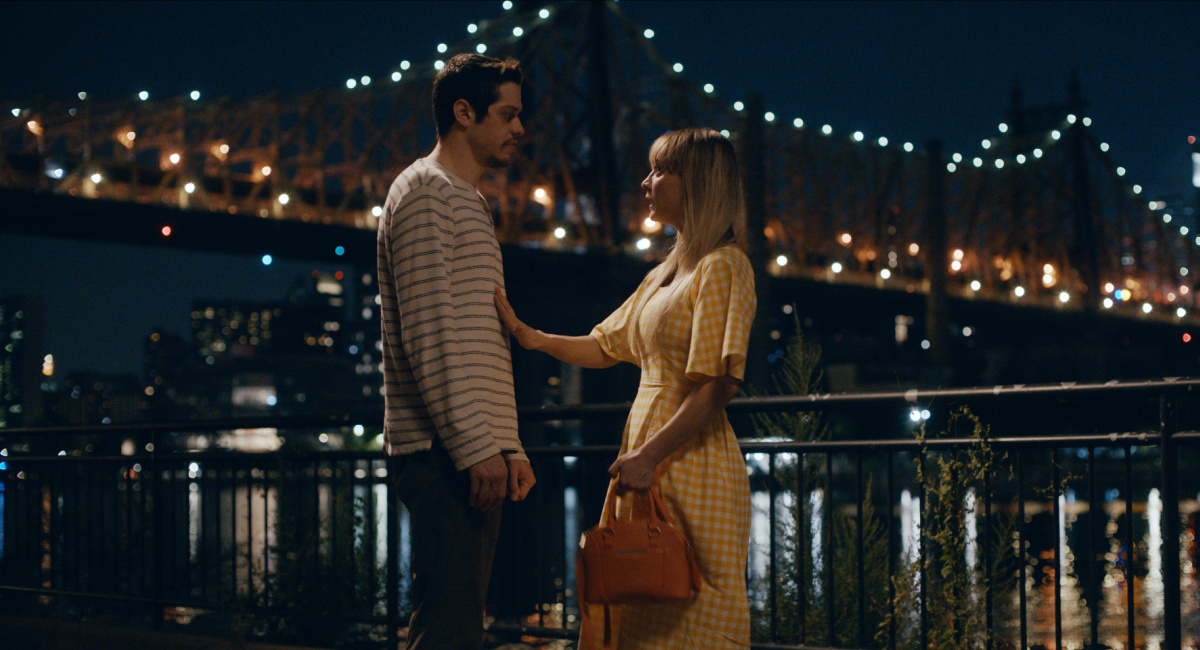
(L to R) Pete Davidson as Gary and Kaley Cuoco as Sheila in Peacock's 'Meet Cute.' Photo: MKI Distribution Services. Copyright: MKI Distribution Services.
MF: Can you talk about the choice to begin the film on the seventh time Sheila went on the first date with Gary, rather than their actual first date before she discovers the time machine?
AL: It's cool that we get to first take the audience on this lovable first date, and then we tell the audience, "You actually don't know what's really going on here." But we don't do it in this "We're smarter than you the audience" kind of way. We do this in a way where we let the audience in, and we acknowledge that the audience is smart, and they've been piecing it together.
I think that ultimately gives us the freedom to do some of the cool things we do later on in the film, like when “New Gary” is presented. But I don't want to say anything more about “New Gary.” Basically, I think later in the film when some stuff is happening, and the audience is not sure what's happening, they also trust us that we'll all piece it together and there's a good payoff coming.
MF: Did that also give you a certain amount of freedom as a filmmaker, because at that point you could take the story in several different directions?
AL: Yeah. I think it gave us a certain freedom. There are a lot of time-travel movies, and I don't want to say they have tropes, but there are tropes. It was important for us to tell a more unique story. So, it gave us freedom. But let me put it this way. The audience knows time-travel movies so well at this point that there's a lot of shortcuts, and there's a lot of things we're like, "We don't have to explain alternate timelines and all these things because everybody's seen these movies." So, we were able to step away from the science of it all, and we got to tell more of an emotional time-travel movie because we've all got that lexicon of what time travel is in a regular film.
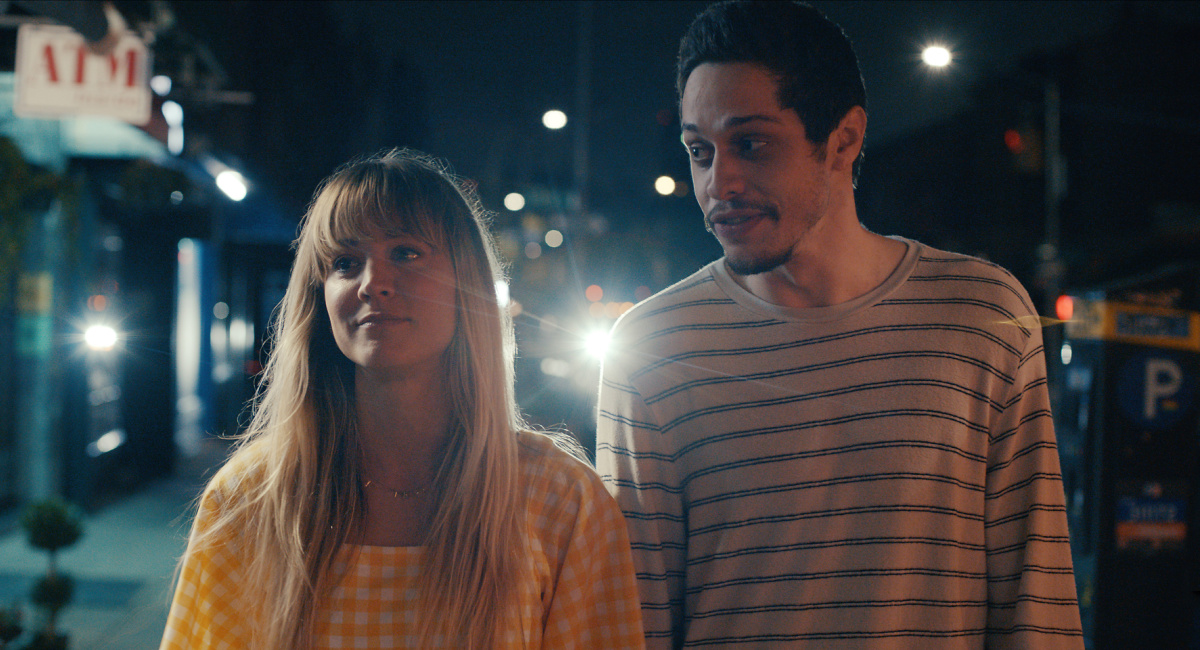
(L to R) Kaley Cuoco as Sheila and Pete Davidson as Gary in Peacock's 'Meet Cute.' Photo: MKI Distribution Services. Copyright: MKI Distribution Services.
MF: Can you talk about where Sheila is emotionally when the film starts, how she becomes obsessed with this one night, why she does what she does, and how it begins to drive her mad?
AL: So, the first shot of Sheila in the film is this really long slow-mo shot. We shot it at high speed, and it's basically Kaley running down the street. It's a five-second shot, and yet you see all these emotions come over her, and she's going through all these things. It's just a little hint to what is going on with Sheila, because she's this brilliant but really troubled person whose kind of creating her own problems. She's such a control freak.
I think it's hard for audiences to realize that the slow-mo shot is only maybe 10 seconds. Really, it's Kaley for three seconds and her direction was, "I need you to be scared, now happy, now excited, now angry, and now vengeful, and act all of emotions in three seconds, and we're going to film it in slow motion." She did it, and it was amazing.
Sheila wants to control her destiny, her happiness and all the joy that's around her, but the more she squeezes the reins, the more she's actually suffocating herself, Gary and the whole world. So, showing her in that conundrum, where the more scared she gets, the tighter she even squeezes then, she's her own enemy in this film. That's why you root for her, right? Because you get to see her face herself.
MF: With Gary, at a certain point, does he begin to remember all of the “first dates” he’s gone on with Sheila and is aware that she has been trying to change him?
AL: I think this is a unique element that you maybe haven't seen in any time-travel films that, for lack of better words, it's the “some stuff sticks” rule. I like that you get that feeling with people in real life. You might not have experienced that much with them, but you're starting to. Your heart and your gut are telling you things about this person. Whether that is a past life you've shared with them, or they just remind you of someone, or whatever it is, it informs you beyond whatever the situation is.
I think it's really fun to explore the fact that Gary is being harmed. It's not just free play. Sheila doesn't just get to do this forever with no consequence. If she did, that would be really messed up. Well, it is messed up that she's doing it anyways, but it'd be a short film, right? We'd only need to show you the first date and the last date if there were no consequences. But instead, you're getting to see the depiction of a relationship. It's like everything we do has an impact on each other in friendships and relationships. I think that’s the time-travel version of it.
We're constantly creating scars or we're leaving some sort of residual impact on people. If I can be hokey for a second, I think the message behind that, if there is a message, is to be really thoughtful of how we treat each other because we're oftentimes caught up in our own head space, in our own wants and stuff, and we forget that even the way we talk to a waiter or somebody at the cash register, it's affecting them, and there should be an accountability there.
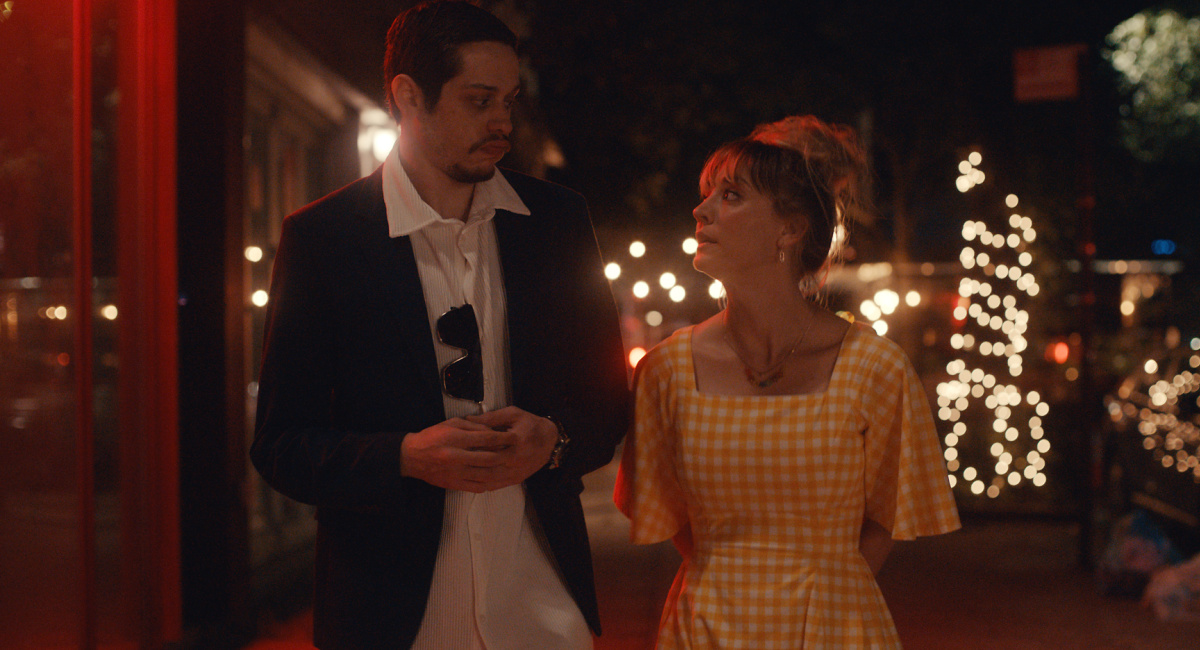
(L to R) Pete Davidson as Gary and Kaley Cuoco as Sheila in Peacock's 'Meet Cute.' Photo: MKI Distribution Services. Copyright: MKI Distribution Services.
MF: Can you talk about working with Kaley Cuoco and Pete Davidson and their chemistry together on and off set?
AL: I mean, the three of us laughed so hard that whole month of filming. It was like I was crying, laughing every single day. I think we were all in a place in our lives where we needed it too. Before filming, we got together, and we hung out a few times. On all my films, I have that day where we lean in with what's going on in our lives, our vulnerabilities, and all that kind of stuff. I usually try to go first, just so that they're not thinking I'm going to take advantage of them and rat them out.
I think that we try to really bring the material a little closer to where we are as individuals in life in that moment. So, we kind of find where the material meets the people. Then shooting the film itself ends up weirdly being therapeutic, where we're laughing our way through whatever human things we connected with in the script, both positive and scary things that we struggle with. We get to laugh about by playing these characters and exploring it all in the script. It's like play therapy.
MF: Sheila discovers the time machine in a nail salon, which is owned by June, played by Deborah Craig. But it’s never explained why June has a time machine or even how it really works. Can you talk about creating this character and Craig’s performance?
AL: I mean, a tanning-bed time-machine thing is obviously silly, right? But there's two versions of the tanning-bed time machine. Either it is what it is in the movie, or else you have to have all these wires and I would've had to spend two weeks talking to a quantum physicist, and we would have to figure all this stuff out to make it as realistic as possible.
Or you just cast someone like Deborah Craig, who's so funny and knows how to make it genuine and so funny at the same time that you just accept it, and you move on because you're more interested in the characters and where the story goes than to ask time-travel questions. There's a reason we didn't cover the production offices with red yarn and do whiteboard timeline stuff.
Then, as far as that June character, in most films, that character is a trope and just kind of serves a purpose for the main characters and falling in love. Both the way (screenwriter) Noga (Pnueli) wrote June, who was a real person and had that really cool reveal later on in the film, and the way that Deborah played her even more so, it makes June interesting. In 2022, it would be a shame to not give a little more depth to the June character, especially because she's a little cynical.
She wants to help these kids because they're trying so hard to fall in love, and there's something beautiful and romantic about that. But at the same time, there's part of her that's like, "I'm trying to run this business in Brooklyn. Do you know how hard it is to make ends meet? And what are your problems? Excuse me. Go get a smoothie. Go next door. I don't want to hear your problems." She just plays it all so perfectly. I want the world to find out about Deborah Craig. I hope that this movie helps, because she's fantastic.
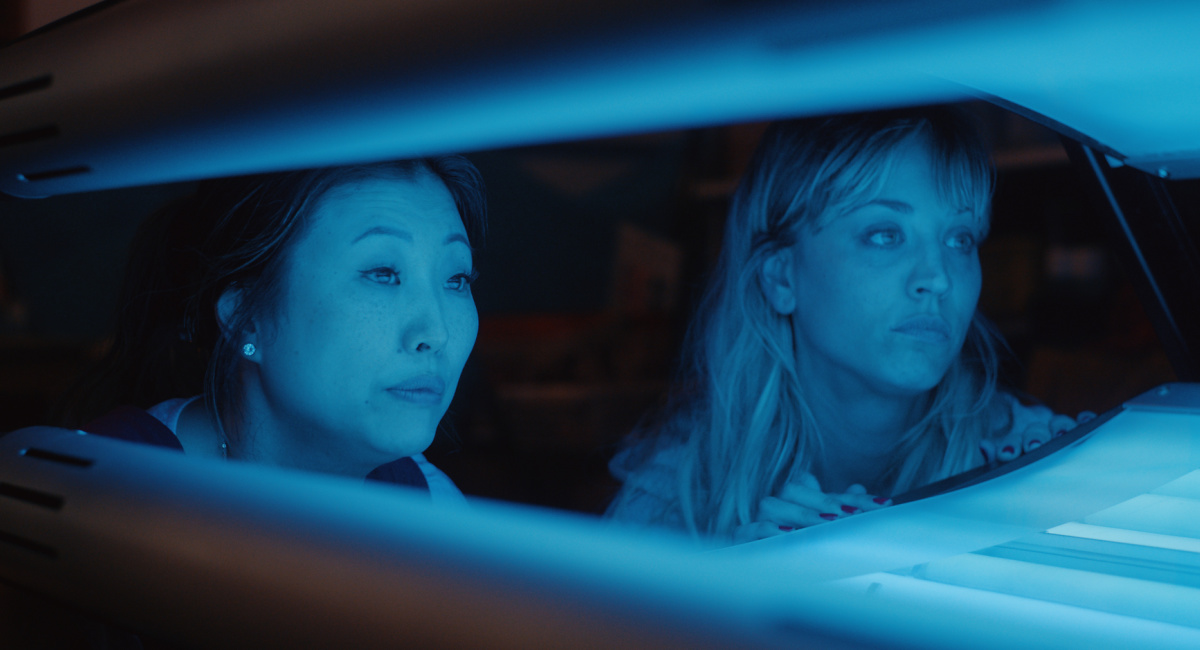
(L to R) Deborah S. Craig as June and Kaley Cuoco as Sheila in Peacock's 'Meet Cute.' Photo: MKI Distribution Services. Copyright: MKI Distribution Services.
MF: In the movie, there is a funny running gag about how Sheila erased the evil Smitson from existence to better the world. In your mind, who was Smitson?
AL: Yes, Smitson. It's my favorite joke of the film. I think pitching the Smitson joke is what got me the movie, to be honest. Honestly, we're never going to know who Smitson is because we're not on the Smitson timeline.
But in this story, Hitler was the better version of Smitson. If we had to pick Smitson or Hitler, at least we didn't get Smitson. That's the joke. The fact that we don't know who Smithson is, is a good thing!
MF: Finally, if you could travel back in time to any point for only 24 hours, like in the movie, where would you go and what would you change?
AL: A lot of bad haircuts. I've made a lot of dumb jokes, and I've gotten a lot of bad haircuts. But I guess if I only had one chance, I'd probably feed the world or cure some disease. I would try to do something, I guess. But if somehow, I get to save the world but also stop myself from getting another bad haircut, that'd be great!
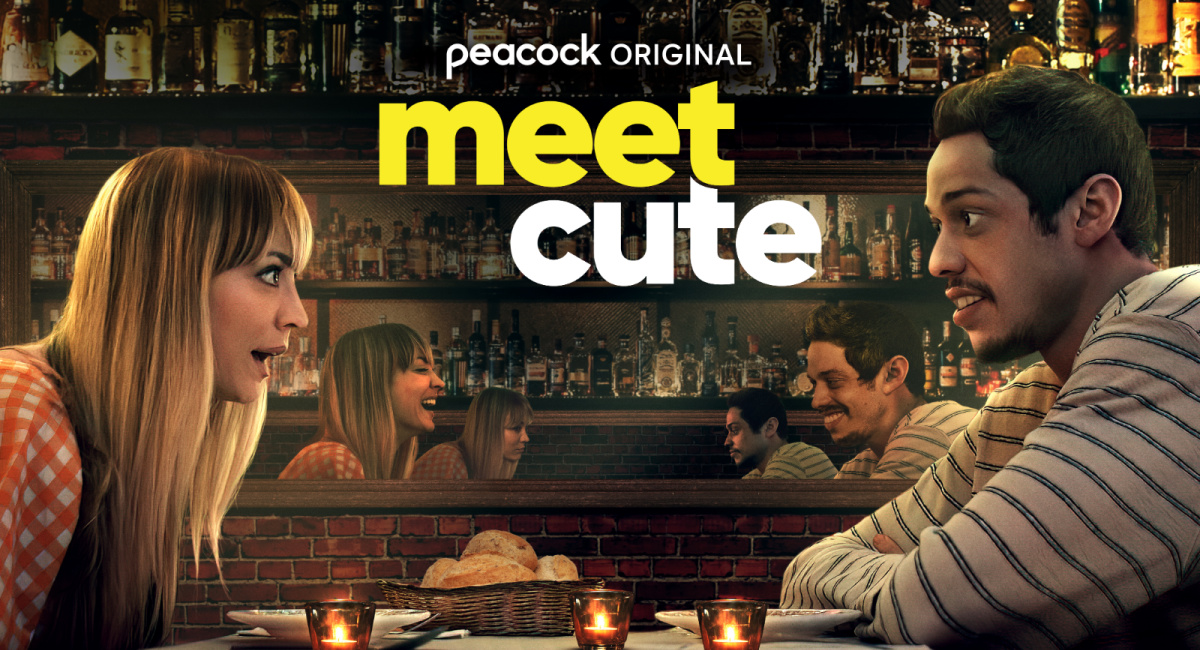
'Meet Cute' premieres September 21st on Peacock.
